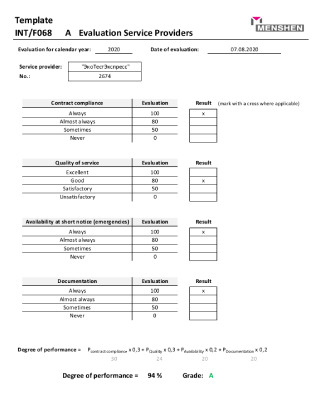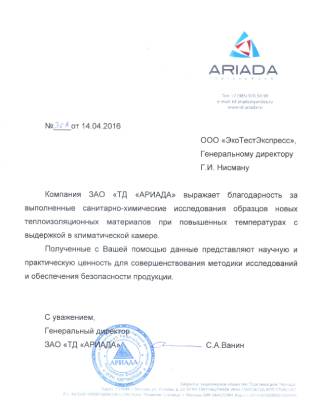
If you do relapse, it is important to return to treatment right away, so you can learn more about your relapse triggers and improve your coping skills. As a psychologist and investigator into the causes and cure of uncontrolled drinking, I have attended about 500 A.A. At first I was tremendously impressed with A.A.’s altruistic efforts in alcoholics’ behalf. Members attended, there was a true sense of humility and a devout belief in God (We “came to believe that a Power greater than ourselves could restore us to sanity”) and the fellowship of man–the original tenets of A.A. New members were given the freedom to question A.A.’s guiding principles codified in the Twelve Traditions and the Twelve Steps of Recovery.
Cleanbreak Recovery

It is an intense, structured experience in which you live with other addicts and take part in group counselling, as well as one-on-one sessions. You will also learn life skills and be able to avail yourself of other useful services that will help you to make a permanent life change. Is often considered a support group for those who have already completed a rehabilitation program. Addiction has physical, mental, and emotional aspects, and A.A.

Does Alcoholism Treatment Work?

If you are a nondrinker, however, you should not start drinking solely to benefit your heart. You can guard against heart disease by exercising and eating foods that are low in fat. And if you are pregnant, planning to become pregnant, have been diagnosed as alcoholic or have another medical condition that could make alcohol use harmful, you should not drink. In addition, chronic alcohol abuse takes a heavier physical toll on women than on men. Alcohol dependence and related medical problems, such as brain, heart and liver damage, https://ecosoberhouse.com/ progress more rapidly in women than in men.
Patient Characteristics Predicting Treatment Outcome
- Continuing care for alcoholism keeps recovering individuals in touch with counselors who can help them work out any emotional issues that could potentially trigger a relapse.
- Members is that alcoholism is an illness, a progressive illness, which can never be cured but which, like some other diseases, can be arrested.
- Most people know about the damage that the heavy consumption of alcohol causes to their liver.
For example, the aftercare patients were more severely alcohol dependent when entering the study than were the outpatients. AA and similar self-help groups outline 12 consecutive activities, or steps, that alcoholics should achieve amphetamine addiction treatment during the recovery process. Alcoholics can become involved with AA before entering professional treatment, as a part of their professional treatment, as aftercare following professional treatment, or instead of professional treatment.
Can a Problem Drinker Simply Cut Down?

When all is said and done, there is no medical cure for alcoholism. However, there is recovery facilitated by professional treatment that includes detox, counselling, prescription medications, and aftercare. If you or a loved one is suffering from alcoholism, there is no need to wait to seek treatment. UKAT is standing by to help you start addressing your problem right away. Outpatient detox is provided through day clinics attended by recovering alcoholics for the purposes of managing symptoms and prescribing medications.
- They work with recovering alcoholics and their families simultaneously.
- They are beginning to define the problem and study it in detail.
- Various alcoholism treatments differ not only in the methods they use but also in the setting in which they are delivered.
Researchers and clinicians hope that these approaches will yield effective therapies to help alcoholics achieve long-term abstinence. Conversely, according to one large, well-designed study, disulfiram did not increase the rate of sustained abstinence or time to relapse among the patients (Fuller et al. 1986). Furthermore, abstinence was related to the patients’ compliance with the medication regimen (i.e., whether can alcoholism be cured the patients continued to take the medication regularly).
Behavioral Treatment Approaches and their Efficacy
Twelve-Step Facilitation (TSF) is a formal treatment approach that has been developed to introduce clients to and involve them in AA and similar 12-step programs. Thus, TSF guides clients through the first five steps of the AA program and promotes AA affiliation and involvement. For example, therapists who use TSF actively encourage their clients to attend AA meetings, maintain a journal of their AA attendance and participation, obtain a sponsor, and work on completing the first five steps. In addition, the clients receive reading assignments from the AA literature. The higher the patient’s score is on the CIWA–Ar, the greater is his or her risk for experiencing serious withdrawal symptoms, such as seizures and confusion.

Mindfulness-based skill-building strategies promote flexible, rather than autopilot, responses to triggers that can prompt drinking. 12-step facilitation therapy is an engagement strategy used in counseling sessions to increase an individual’s active involvement in 12-step-based mutual-support groups. Group therapy or a support group can help during rehab and help you stay on track as life gets back to normal. Some people just need a short, focused counseling session. Others may want one-on-one therapy for a longer time to deal with issues like anxiety or depression.



















